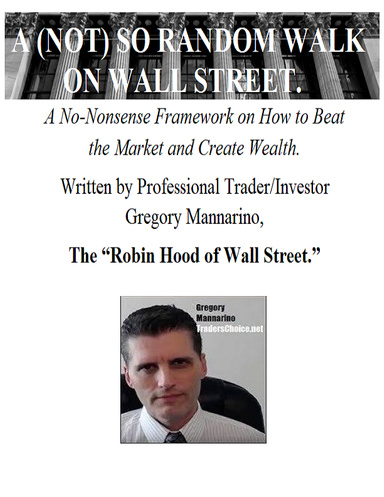

If they held their positions to maturity (after Russia's default) they actually would've made money. Russia), but all in all they were market-neutral. Because of increased competition LTCM also ventured into less liquid markets (e.g. Prime-brokers didn't even charge a haircut so the leverage was insane. LTCM foolishly became way over-leveraged to get alpha from greatly diminished spreads. However, Wall Street eventually discovered this strategy and the trade became crowded. When they started the spread was wide and the strategy was very profitable with limited risk. held to maturity they would capture the spread. LTCM's initial strategy was essentially a risk-free arbitrage operation where they bought an old-issue bond and shorted a newly issued bond (of same maturity). How does the fact that short-term rates are set by a 12 guys in a room make the market inefficient? For example, they are vital to the theoretical derivation of a bid-ask spread, amongst other things. In fact, irrational investors are almost a necessary condition for a market to exist. But even the presence of irrational investors does not prevent a market from being efficient. I assume that by profit-maximizing you meant rational, since technically none of us seek to purely maximize profits. The presence of non-profit-maximizing actors does not in of itself make a market inefficient.

They were doing much more than writing options. While I agree that a rational agent might pursue such a strategy if he can extract 2% + 20% out of it from the investors, he would certainly not have all (or much) of his money invested in it. How can you seriously claim that LTCM was just writing options? The partners, perhaps better than anyone else in the world, would have known this to be a sure way to get wiped out, and would not have had the vast majority of their own capital invested in the fund if this were the case. Let's start with the fact that short term interest rates are set by twelve guys who meet in a room every six weeks.
A NOT SO RANDOM WALK ON WALL STREET FREE
The market is massively inefficient.even if one believes that a free market would be efficient (which i dont), we have so many non-profit-maximizing actors in markets that it isnt even close to free and unfetered. We all could create the same PnL profile by levering up and selling out of the money puts on the S&P and making money until the next bust.

You should be conversant in all the major topics, at the very least so you can refute them, or even better, trade against them.īondarb:LTCM did not have a great strategy that was recognized and dissapeared because the market is efficient.they just sold a bunch of options, adding no value, and eventually when volatility picked up they got blown out. OP, read the book so you know what the arguments are. I think that's horseshit, but opinions are opinions.

Smaller cap stocks are much less efficient but also much more dangerous - you get worse management, wider swings, less transparency, more business risk.įrom my understanding, the EMH'ers out there would say Buffett is just part of the distribution curve of investors, and that you can't attribute his performance to luck vs skill. Generally, the larger the cap and the better followed the company, the more efficient that stock will be. Understanding that and having respect for it is a key lesson from A Random Walk. To quote Buffett, some of these concepts are "Alice in Wonderland." Whatever people want to say, the fact is that there are some investors who are smarter, faster and just better, and who can consistently make out sized returns.īUT that being said, the stock market is extremely competitive. I could elaborate, but basically you should read the Super Investors of Graham and Doddsville. You can't have people like Buffett if those concepts are true. In fact all of modern portfolio theory is wrong. Ravenous:The EMH concept is clearly wrong in the most rigid sense that Malkiel has argued.


 0 kommentar(er)
0 kommentar(er)
